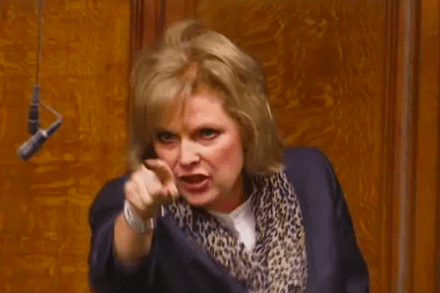The Brexit rebellion is an embarrassment for Theresa May, not a disaster
The government threw everything at trying to defeat Tory rebels led by the former attorney general Dominic Grieve and their amendment to the EU (Withdrawal) Bill – which forces the government to enact a statute “approving the final terms” of Brexit before the UK leaves the EU. And that is one of the big reasons why this defeat for Theresa May matters: it shows the fury among some of its MPs, notably those who voted to Remain, that they are being ignored, as Theresa May engages in the most important negotiations relating to this nations’ future since those that took us into the EU (or what was the Common Market).





















